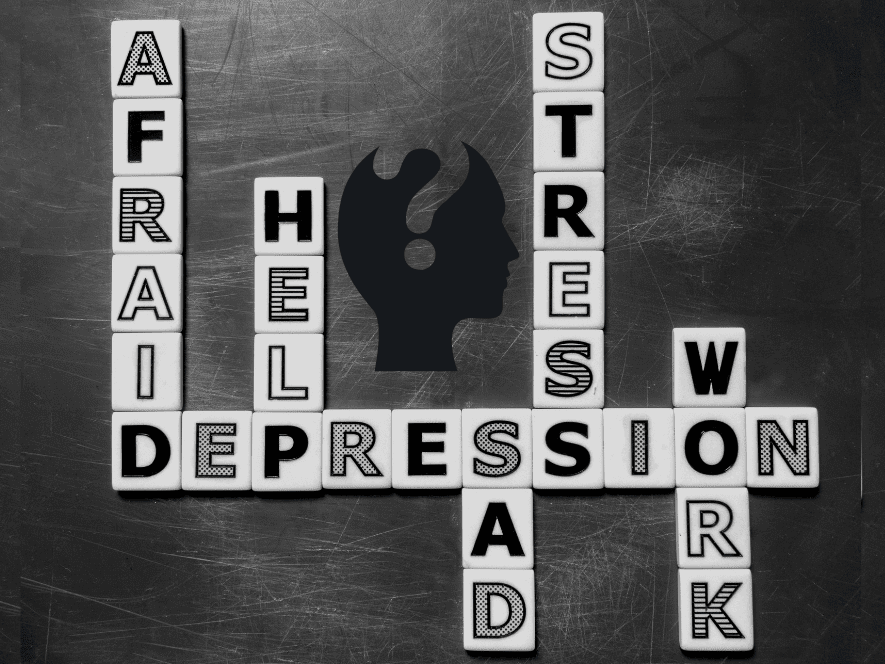
What NOT to Say to Someone with Depression
If someone close to you is suffering with depression, whether that be your child, spouse, family member or friend, you will want to help them in any way you can. This could be by offering support, advice, or even suggestions about how they can overcome their mental health struggles.
Of course, you will have your loved one’s best intentions at heart, but that doesn’t mean that you may not inadvertently say something that causes more harm than good. If you are worried that this may happen to you, or perhaps it already has and you want to prevent it from happening again, it can be useful to know what not to say to someone with depression.
Starting with . . .
Don’t say “Pull themselves together”
Watching a loved one struggle with depression can be extremely upsetting, yet it can also be equally as frustrating. This is especially true if you have not had any experience with depression or another mental health disorder yourself.
Although you may feel tempted at times to tell them to pull themselves together or move on with their lives, this can be incredibly demoralizing and make your loved one feel even more alone in their struggles.
Avoid cliches, platitudes and any vague statements that will not help someone with depression to see the light at the end of the tunnel.

Don’t say “But you don’t look depressed”
Depression comes in all shapes and sizes and people can often appear outwardly happy and in control of their lives, but mentally, they can still be struggling. For example, you may not believe that your teenager has a problem with depression as all teens are moody and withdrawn, aren’t they?
That may be the case, but if your teenager comes to you and says they are struggling with their mental health, do not dismiss them or express any doubt about their struggles. Instead, encourage them to talk about their feelings and if necessary seek the help of a professional treatment center such as Ignite teen treatment that specializes in both mental health and substance abuse in adolescents and young adults.
Don’t say “Other people have problems too”
Caring for someone with depression can take its toll on even the most dedicated and patient person and you may find yourself starting to feel resentful. If this becomes the case, try not to take out your frustrations on your loved one by saying things such as “other people have problems too” and “it’s not all about you”.

Instead, take some time out to care for yourself and ask either a professional or a family member or friend to help look after your loved one while you enjoy some much needed me-time.
Don’t say “What have you got to be depressed about?”
Even though it appears as if someone has it all, that doesn’t mean that they can’t become depressed. Depression is often the result of a chemical imbalance in the body, meaning it can happen to the rich, the poor, the happily married, and pretty much everyone else.
Reminding someone with depression about everything they should be thankful for can make them feel even worse about their current mental state, evoking feelings of guilt and shame.
Instead, be supportive, understanding, emphatic and offer help in any way you can.




